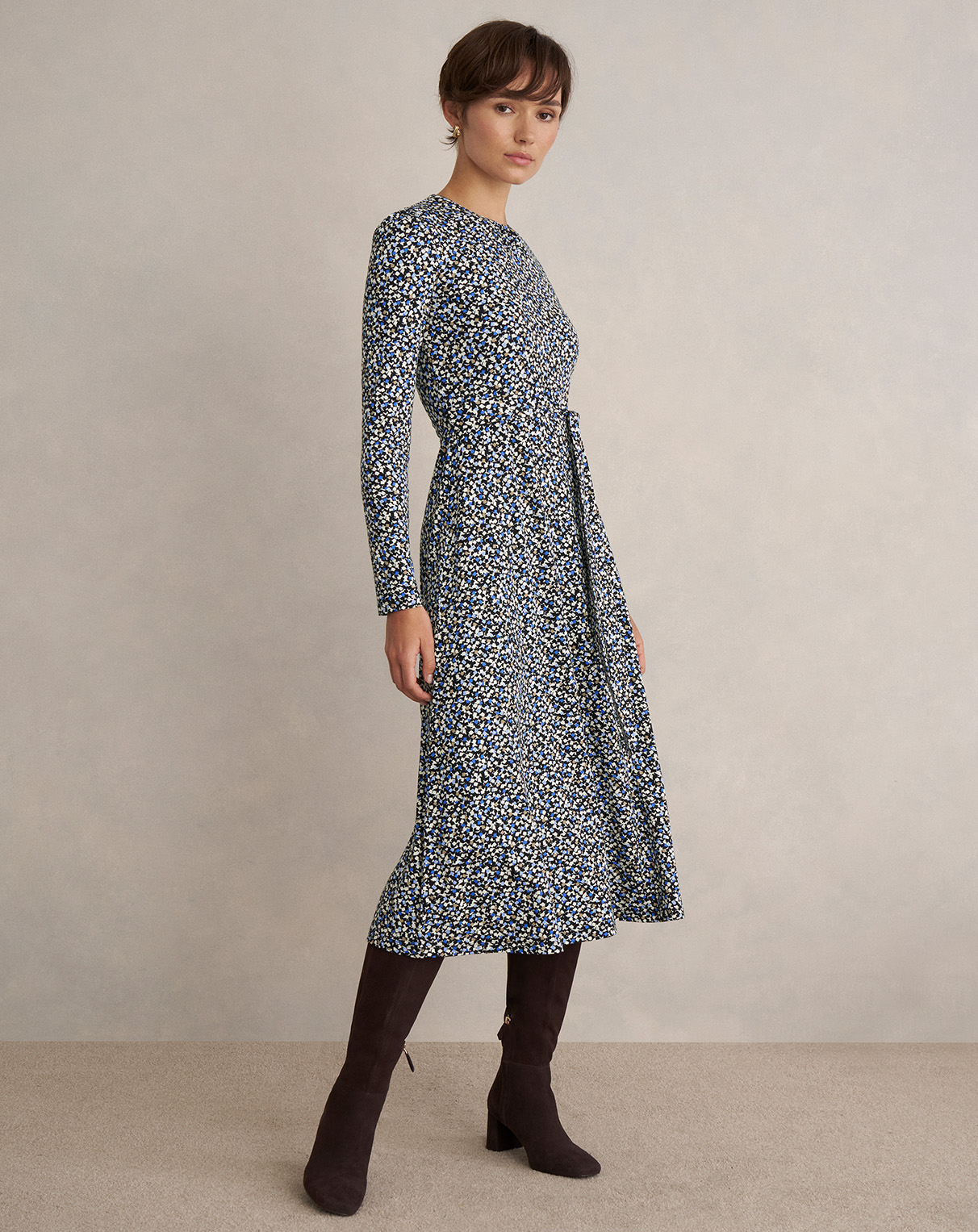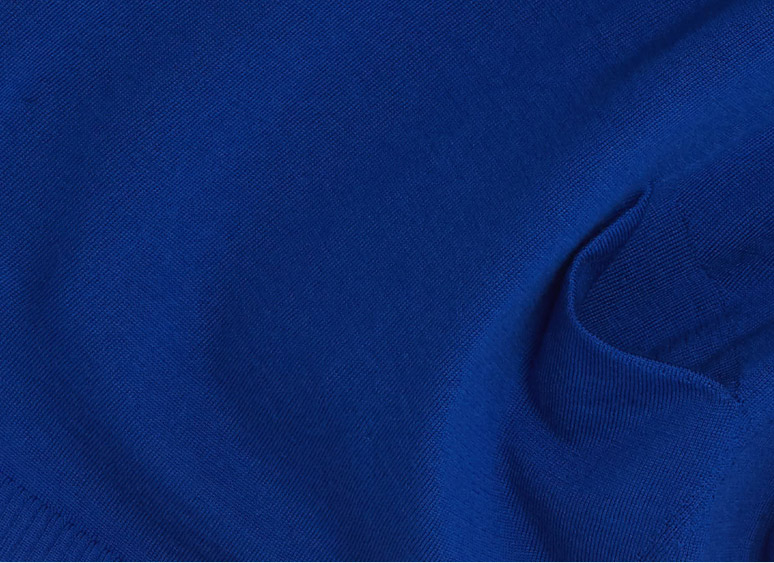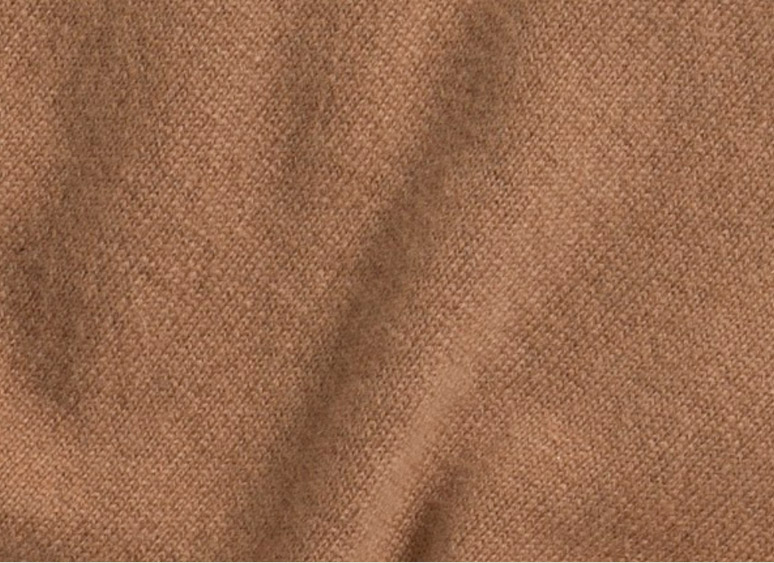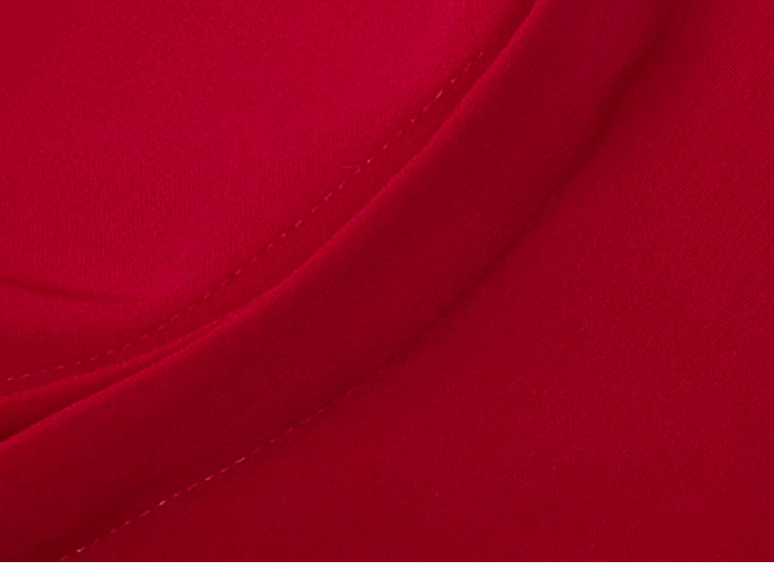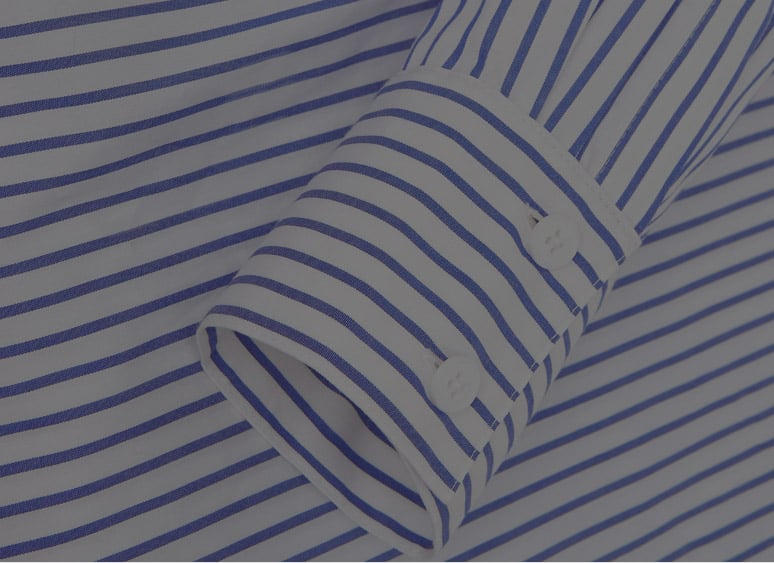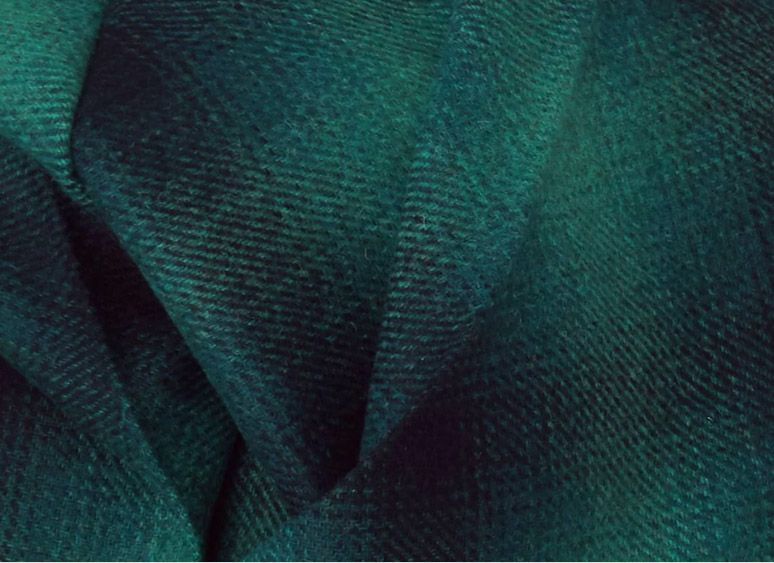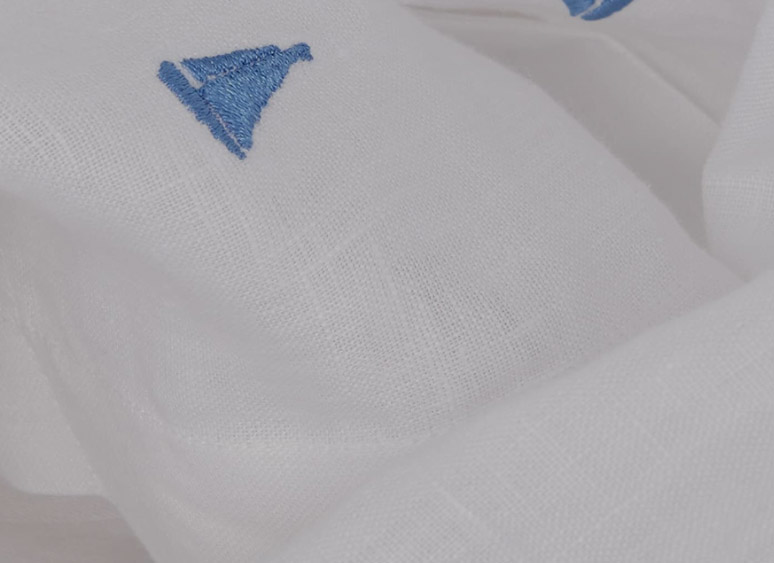Viscose is a highly absorbent fabric that is relatively inelastic. As such, it is very delicate when wet and should be washed in lukewarm or cold water on a delicate or hand wash cycle.
To wash viscose knitwear:
- Turn your garment inside out to preserve the colours and brightness.
- Wash and rinse on a reduced wool cycle and short spin at 30 degrees or less.
- Use a neutral mild detergent – never use softener.

